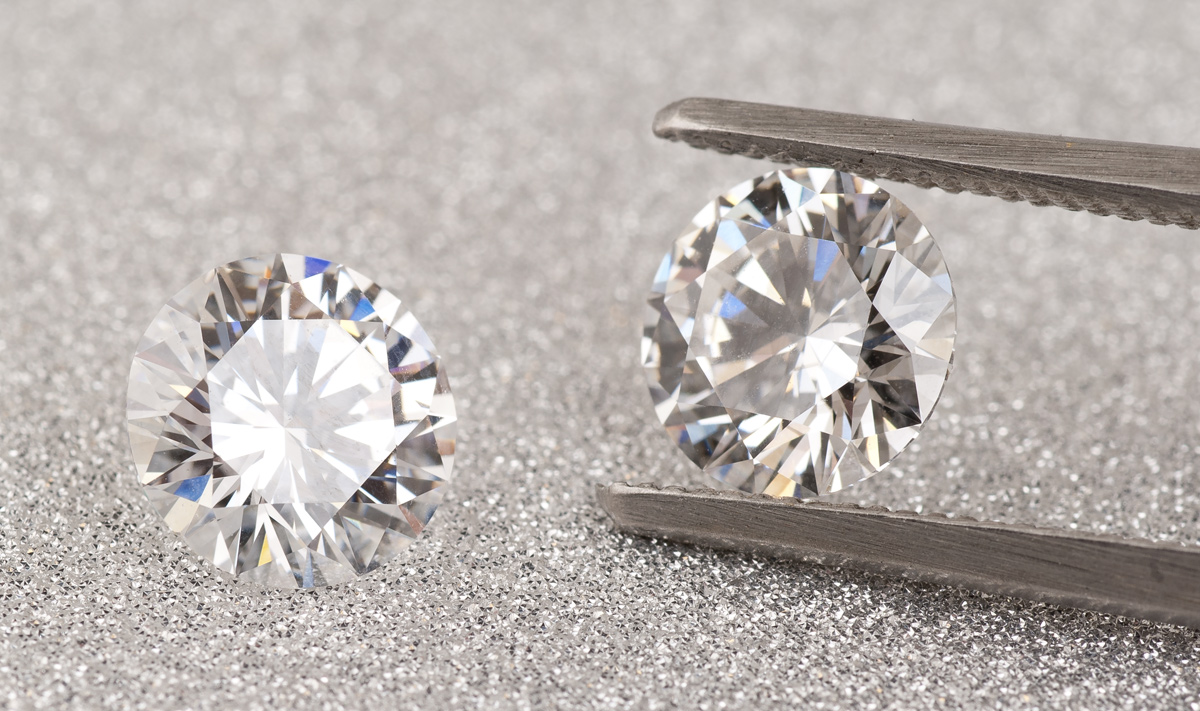
Both PMS (Premenstrual Syndrome) and perimenopause share some overlapping symptoms, but they are distinct conditions associated with different stages of a woman’s reproductive life. Here’s how you can tell the difference:
1. PMS (Premenstrual Syndrome):
- Age: Typically occurs in women of reproductive age, usually in their teens through their 40s.
- Timing: PMS symptoms occur in the days leading up to menstruation (the luteal phase of the menstrual cycle) and usually resolve once menstruation begins or shortly afterward.
- Symptoms:
- Mood swings
- Irritability or anxiety
- Breast tenderness
- Fatigue
- Bloating
- Food cravings
- Headaches
- Sleep disturbances
- Menstrual Cycle: Periods are generally regular, though symptoms come before each period.
2. Perimenopause:
- Age: Typically occurs in women in their late 30s to mid-50s, with symptoms most commonly starting in the 40s.
- Timing: Perimenopause refers to the years leading up to menopause, when the ovaries gradually produce less estrogen. It can last anywhere from a few months to several years before a woman reaches menopause (defined as 12 months without a period).
- Symptoms:
- Irregular periods (shorter, longer, or skipped cycles)
- Hot flashes or night sweats
- Vaginal dryness
- Decreased libido
- Difficulty sleeping
- Mood swings or irritability
- Weight gain or changes in metabolism
- Joint pain or headaches
- Menstrual Cycle: Periods become more erratic, which is a hallmark of perimenopause.
Key Differences:
- PMS: Symptoms occur before a regular, predictable period and resolve with menstruation.
- Perimenopause: Symptoms can be ongoing and are related to fluctuating hormone levels, with periods becoming irregular.
If you’re in your 40s or 50s and are noticing changes in your menstrual cycle along with PMS-like symptoms, it might be more related to perimenopause. However, if your periods are still regular and the symptoms are cyclic, PMS is more likely.
If you’re uncertain, consulting a healthcare provider is a good way to explore whether the symptoms are linked to perimenopause or PMS, as they may recommend tests or suggest treatment options to help manage the symptoms.
Liberty Health offers a range of menopause treatments designed to address various symptoms and improve quality of life for those experiencing menopause. Treatments might include:
- Hormone Replacement Therapy (HRT): This involves the use of medications containing female hormones to replace the ones the body no longer makes after menopause. It can help manage symptoms like hot flashes, night sweats, and vaginal dryness.
- Non-Hormonal Medications: For those who cannot or prefer not to use HRT, there are alternative medications that can help manage symptoms. These might include antidepressants or other drugs that can help with mood swings, hot flashes, and sleep disturbances.
- Lifestyle Modifications: Recommendations might include dietary changes, exercise, and stress management techniques. These can help alleviate symptoms and improve overall well-being.
- Complementary Therapies: Some options might include herbal supplements, acupuncture, or other alternative treatments that can provide relief from menopause symptoms.
- Regular Health Monitoring: Ongoing assessment and adjustment of treatment plans to address symptoms effectively and manage any potential side effects.
If you’re interested in these treatments, it’s a good idea to consult with a healthcare provider to discuss the best options for your individual needs and health profile.


Liberty Health
Address: Solo House, London Rd, Horsham RH12 1AT, United Kingdom
Email: [email protected]
Website: www.libertyhealthclinics.com
Follow us:
https://www.instagram.com/liberty_health_clinics/
https://www.facebook.com/menopauseclinics
https://www.linkedin.com/company/69755567/admin/feed/posts/
Google Map: https://maps.app.goo.gl/eNWzGKMhCm3Dt5vE7


